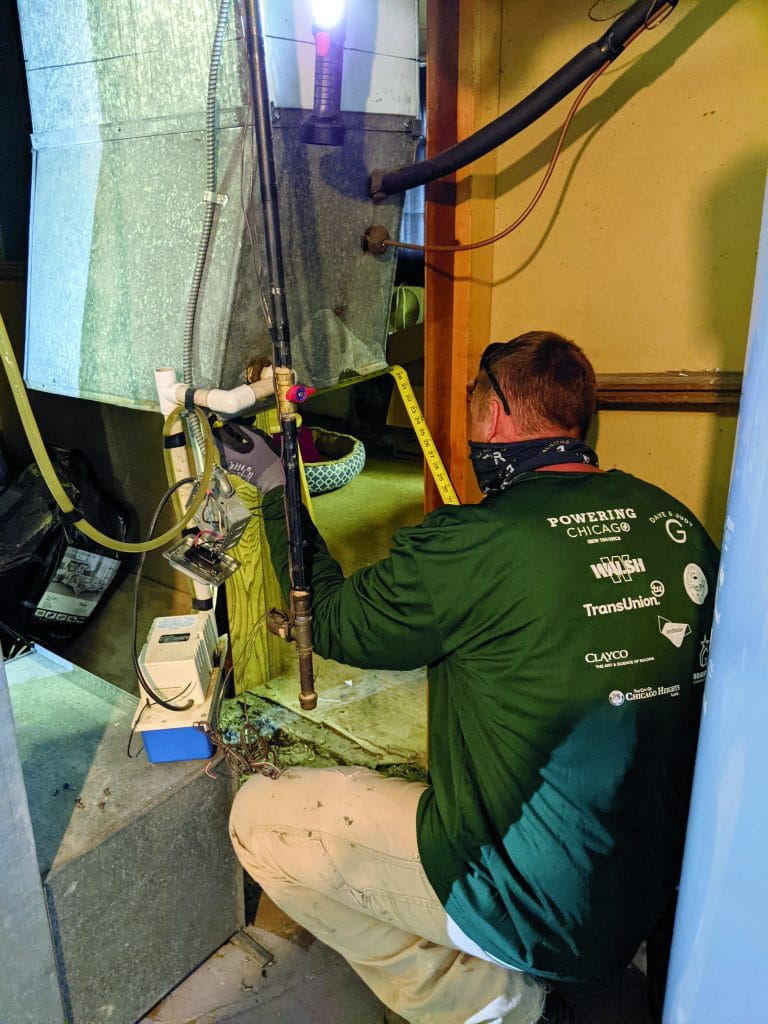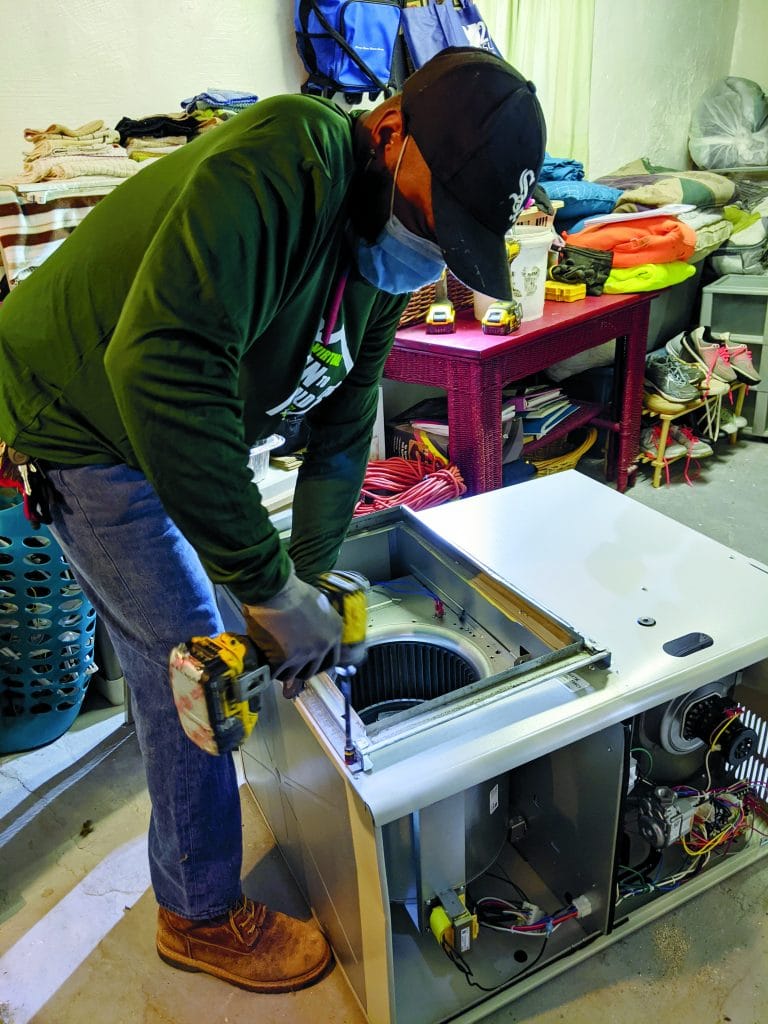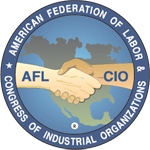Over the next two episodes of Talking SMART – the official podcast of the International Association of Sheet Metal, Air, Rail and Transportation workers – hosts Paul Pimentel and Ben Nagy talk with SMART members who have successfully run for local or state public office, discussing their sheet metal and transportation careers, what motivated them to run for elected office, specific steps they took to build and run successful campaigns and key issues they focused on once in office.
The featured guest for episode 20: Joe de la Cruz, a 25-year sheet metal worker with SMART Local 40 and vice president of Hillery Company, a signatory metal fabricator located in Groton, Conn. Episode 20 is out now; look for episode 21 in the near future.
Since 2016, Brother de la Cruz has served as a state representative, proudly serving the communities of Groton and New London in the Connecticut General Assembly. But his career as an elected official started at a much more local level, when he ran for and won a seat on Groton’s Town Council and Representative Town Meeting years earlier.
“What I think inspires people to get involved is when they start actually participating, and you don’t have to be elected to do that,” de la Cruz told Talking SMART. “All the meetings are open – just go to your council meeting. And when you hear how other people think and how vastly different it is sometimes from your opinion, that’s when the fire can get lit.”
“I know [running for office is] hard and I know it’s tough to do because we’re sheet metal workers, and when we go home we’re dirty and tired, but if you want to have things go your way – and it doesn’t really matter what the issue is – you have to be sitting at the table.”
– Joe de la Cruz, Local 40 member and Conn. state rep
Throughout the podcast discussion, Brother de la Cruz underscored the importance of being engaged and involved with your local community if you want to have a say in what happens, whether it’s with local sports leagues – which is what initially inspired de la Cruz to run for office – or on multi-million-dollar decisions about Project Labor Agreements or transportation funding. If members aren’t involved, he warned, there’s a strong possibility that the elected officials making decisions with enormous ramifications for SMART members will be people who have no idea what blue-collar life is like for working families.
“I know [running for office is] hard and I know it’s tough to do because we’re sheet metal workers, and when we go home we’re dirty and tired, but if you want to have things go your way – and it doesn’t really matter what the issue is – you have to be sitting at the table,” he explained.
In 2020, during the early days of the COVID-19 pandemic, de la Cruz also kickstarted a national campaign to bring metal nose strips to thousands of volunteer face mask makers across the United States and Canada, at a time when masks were in critically short supply. Starting at Local 40, the effort quickly spread to SMART locals across North America, eventually resulting in over 17 million nose strips being produced and shipped to more than 27,000 people who requested them. For his leadership on this effort, Joe was honored in 2022 with the Joseph J. Nigro SMART Army Service Award.
Listen to episode 20 of Talking SMART – as well as all previous episodes – here.


 The AFL-CIO just released a poll
The AFL-CIO just released a poll An arbitrator has ruled that a merger between the UTU and the Sheet Metal Workers International Association (SMWIA) be implemented and that the presidents of the two unions – or their designees — meet to decide how the implementation is to proceed.
An arbitrator has ruled that a merger between the UTU and the Sheet Metal Workers International Association (SMWIA) be implemented and that the presidents of the two unions – or their designees — meet to decide how the implementation is to proceed.